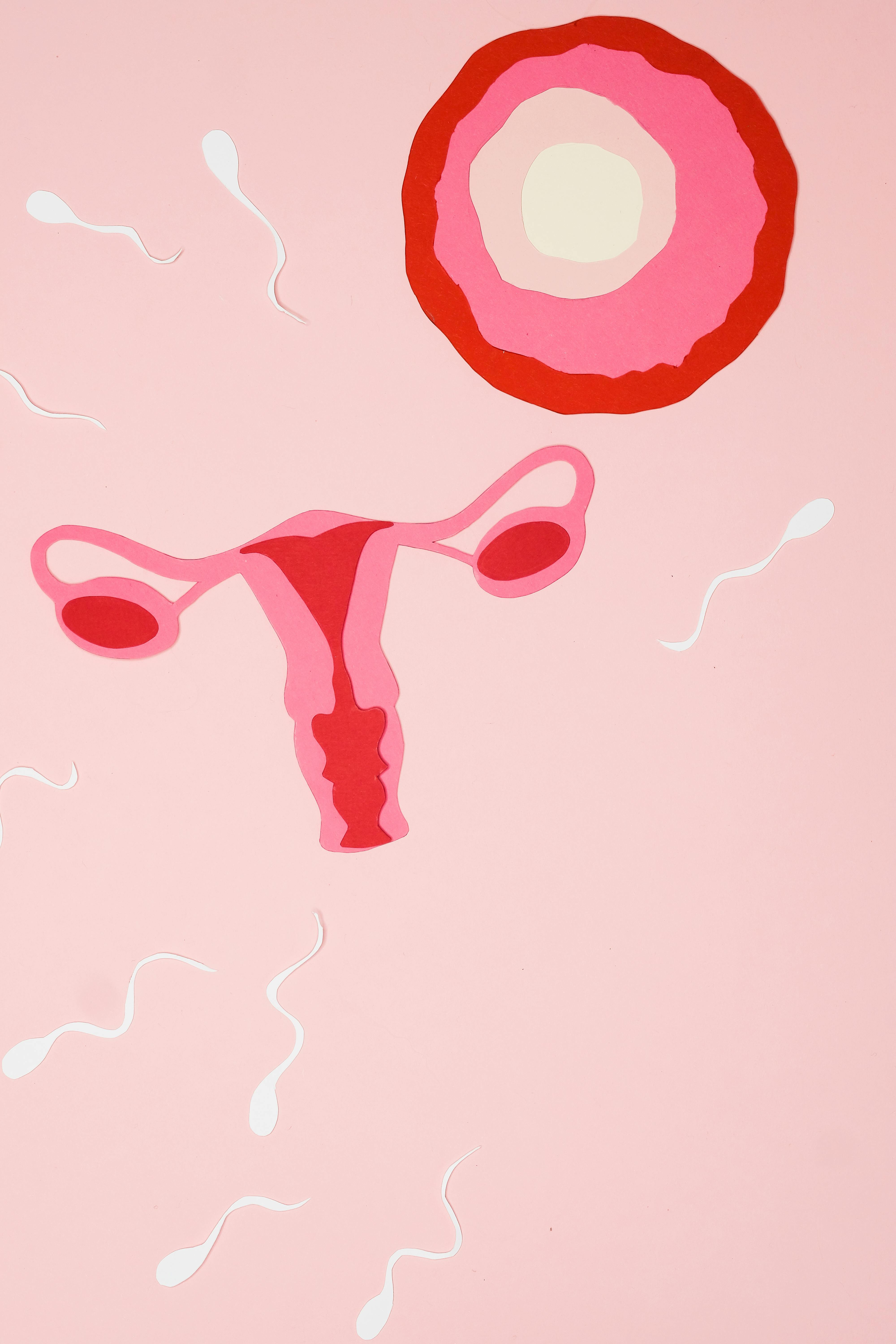Understanding Infertility and Its Emotional Impact: Insights during World Infertility Awareness Month

During the World Infertility Awareness Month, we bring forward a comprehensive understanding of infertility and the emotional roller-coaster individuals or couples face when battling this medical condition. Affecting approximately 1 in 6 couples worldwide, infertility is a health issue that deserves our crucial awareness and comprehensive understanding. Through this discussion, we aim to provide support, insights, and viable steps to walk this challenging path.
Unveiling Infertility: A Global Challenge
Infertility, as broadly understood, is a challenge to conceive despite a year of regular unprotected intercourse. However, it is far more complex, impinging on several physiological, psychological, and sociocultural aspects of individuals and couples involved. Infertility can be influenced by a multitude of factors, including hormonal imbalances, sperm production problems, ovulation disorders, conveyance issues, and much more.
A study, which brought to light the extensive prevalence of this concern worldwide, revealed that about 48.5 million couples across the globe suffer from infertility. Moreover, the numbers seem to be on a steady rise. Several causes contribute to the growing infertility rate, including lifestyle changes, increasing age, reproductive system issues, and certain medical conditions.
The Emotional Impact: A Silent Struggle
One cannot overstate the emotional impact of infertility on individuals and couples. It's not just a battle against biological odds; it's a silent emotional struggle, often left unvoiced. The constant disappointment, feelings of inadequacy, and social stigmas attached can lead to severe stress, depression, and anxiety for couples hoping to conceive.
The emotional dimension of infertility creates a vicious cycle. It's no surprise to find that stress can decrease fertility, leading to a heightened sense of tension and failure. Thus, coping with the emotional strain becomes paramount in dealing with infertility, making it crucial to unpack these emotional bags.
Infertility: A Journey, Not a Dead End
Despite the hurdles, it's essential to remember that diagnosis does not imply a dead end. Instead, it highlights the need for intervention and further medical attention. Advanced medical technology has opened doors to a plethora of treatments to aid couples in their battle for conception. From assisted reproductive technology (ART) – including IVF and ICSI, to drug therapies and surgical procedures, the prospects for overcoming infertility have broadened incredibly over the years.
Coping Strategies: Seeking Support & Staying Positive
An essential step in this journey is finding support and seeking professional psychological help when required. Joining local support groups or online communities, leaning on friends and family for emotional support, or merely acknowledging the emotions can make a substantial difference.
Working closely with health care providers also plays a crucial role in successful infertility treatments. They offer valuable guidance, support, and most importantly, a firm hold on reality during this emotionally intensive journey.
Professional psychological help often comes to rescue when coping gets too hard. Cognitive-behavioral therapy (CBT) has shown particular promise in managing infertility-related stress, providing individuals with robust coping mechanisms.
Conclusion: The Significance of World Infertility Awareness Month
World Infertility Awareness Month underscores the pressing need for global attention towards understanding infertility, its emotional impact, and potential coping strategies. This month is a call for collective support, empathy, and a deeper understanding of the struggles couples worldwide undergo while battling infertility. It is a reminder for us all to extend our understanding, challenge the societal stigmas attached, and provide the necessary support to those in need.
In conclusion, understanding infertility is an essential step towards empathetic support and improved medical attention. By acknowledging the emotional turmoil, seeking support, staying hopeful, and exploring available treatment options, couples grappling with infertility can take the reins of their journey with knowledge and confidence.





